1. Do Socially Progressive Companies Put Their Money Where Their Mouths Are?
Data journalists at The Economist looked into whether companies that espouse progressive views donate to progressive candidates. In their words, do “woke firms practise what they preach?”
To find out, Economist researchers assigned each of 278 firms a zero-to-ten “wokeness index” that measured their social progressivism. Factors in this index included support of gay marriage, opposition to the Muslim ban, commitment to closing the gender pay gap, and more. They then compared each firm’s score on this index to the percentage of its 2018 donations that went to democrats.
The study found that, all else equal, more “woke” companies did give more to Democrats than their less progressive competitors, although the size of the difference varied by industry. However, even the most progressive companies still preferred Republicans overall.
2. Tips for Building Strong Professional Relationships
Darin Rowell at Harvard Business Review offers three tips on building powerful professional relationships.
- Define a clear purpose. Rowell stresses the importance of establishing a “shared understanding of why the relationship matters.” Such a foundation keeps both parties on track as challenges arise.
- Have a shared understanding of the nature of the relationship. Rowell puts professional relationships on a spectrum between transactional and transformational, based on how much “interaction, independence, or familiarity are at play.” He notes that it’s important to understand which type of relationship is appropriate in any given situation.
- Commit through adversity. Powerful relationships, according to Rowell, must be able to withstand conflict and disagreement. Even in difficult times, both parties must value the relationship enough to remain committed to working things out.
3. A Lawyer’s Perspective on How Relationships and Technology Mix
Gyi Tsakalakis at ABA Journal discusses how lawyers can combine new technology with traditional relationship-building techniques.
Tsakalakis offers tactical advice for lawyers looking to build a better online presence. He discusses how to build an effective marketing campaign, manage your web presence to create a good first impression, and leverage social media to find referrals.
He closes with the observation that despite technological change, “your success will primarily hing on what it always has: your relationships and your reputation.”
4. Relationship Mapping Tops the List of Ways to Get New Donors
Amanda Khoury at Network for Good lists six ways nonprofits can acquire new donors. Relationship mapping tops the list. “Your current donors, board members, and volunteers are your best link to finding new donors,” Khoury writes.
Khoury also cites the importance of relationships when discussing the importance of research to donor acquisition. After you’ve identified and researched a potential donor, she says, “Take the time to meet and engage them. Build a relationship before you ask for a donation.”
Finishing out the list:
- Be where they are
- Build partnerships
- Get out in the community
- Host cultivation parties
5. Data-Driven Insight into Austin’s Start-up Scene
Austin, TX, has made a lot of news recently as an emerging tech hub. We touched on Austin’s tech scene on the blog last year in our discussion of the contenders for Amazon HQ2. This month, our friends at Crunchbase investigated how venture funding in Austin compares to other tech markets.
Crunchbase’s study identified the top ten US cities by deal volume at three stages; seed-stage, early-stage, and late stage. They then ranked the cities by average round size.
Austin was strongest at the seed stage, ranking 6th with an average round size of $1.4M (74% of the leader, Palo Alto). In later stages, however, Austin proved weaker. The average late-stage round in Austin raises only $35.2M, just 38% of the average round in first-place New York.
Crunchbase concludes that until Austin’s lack of late-stage investors changes, “we’re not going to see the needle move much in the way of big deals in the city.”
